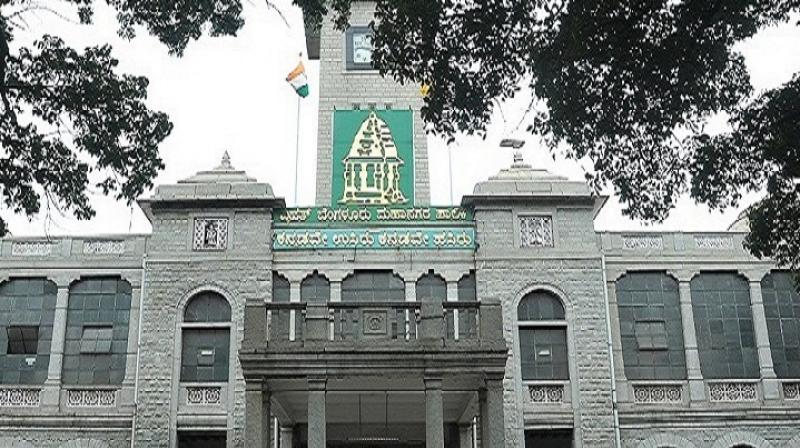In the zone! BBMP decentralised
The civic body hopes this will increase efficiency, but will it translate to change on ground?

Activists have long-since called for the bifurcation, or even trifurcation of the BBMP, for more efficient delivery of civic services. The BBMP has attempted to meet these demands, at least in part – the Palika has been decentralised, with special commissioners overseeing two zones each. That makes four deputy commissioners in all, for the existing eight wards. The civic body hopes this will increase efficiency, but will it translate to change on ground?
“I am more for cleaving BBMP into three clear zones,” says branding expert Harish Bijoor. “With three special commissioners, who have a clear structure of responsibilities. We need the new three to compete with one another, with public good being the end goal.” Decentralisation must be physical, too, he adds, saying, “The three new commissioners must sit in the heart of their zones and not at the BBMP Head Office.”
Urban expert and Chief Enabler, Centre for Inclusive Governance, Sridhar Pabbisetty, welcomed the decentralisation of the BBMP. “It should be complemented with fully-functioning ward committees. Unless we have transparent and accountable processes within the functioning of the BBMP, these changes might not help,” says Sridhar Pabbisetty. Ward committees, he says, are where “citizens and BBMP can interact with each other, to see if the Palike’s planning is in line with the people’s priorities. It will help build a constructive partnership to better our city governance.” Whether it’s potholes, garbage, or beneficiary lists for various programs, ward committees will go a long way in ensuring lasting success, he says.
Without zonal autonomy, decentralisation will be futile
Appointing separate commissioners for each zone is a step in the right direction but success depends now on the individual power to cut decisions and coordinate with other parastatal bodies?
Take, for instance, zones in the outskirts of the city like Mahadevapura, BBMP East and BWSSB works like laying drinking water and sanitary lines. At many spots, these routine civic projects leave roads looking like the surface of the moon, dotted with craters. “As the BBMP commissioner sits at the Palike headquarters, we feel he is not aware of the problems we face,” says Hanumanth Gowda, a resident of Horamavu. “Only after the inspection by BBMP Commissioner Anil Kumar were our problems heard. It will be better if there is a dedicated commissioner for our zones, it will help us in terms of getting our problems heard, then solved.”
There is no clarity if these special commissioners will enjoy the same powers as that of the BBMP commissioner, says Sai Kumar, a resident of Begur, who describes the decision as a good one. “If they don’t have the same powers, and the special commissioner needs the BBMP Commissioner’s nod for everything, the whole exercise will be futile and time consuming.”
Commenting on the decentralisation, a BBMP official says it is “too premature to comment on” at the moment. “Each zone has its own problems. As of now, we have decentralised the powers. Based on how each zone fares, we will make the necessary changes.”

